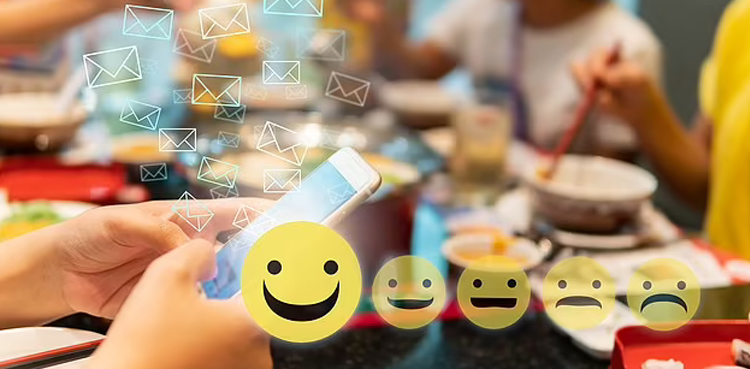
A recent study has revealed that people who include emojis in their work emails are seen as less powerful. So, if you want to impress your boss or any other supervisor, avoid using emojis.
Researchers from Tel Aviv University have revealed that people who use words instead of emojis and pictures in their work e-mails are seen as more powerful.
The researchers said that ‘Today we are all accustomed to communicating with pictures, and the social networks make it both easy and fun.’
“Our findings, however, raise a red flag: in some situations, especially in a work or business environment, this practice may be costly, because it signals low power.”
The researchers added that “Our advice: think twice before sending a picture or emoji to people in your organisation, or in any other context in which you wish to be perceived as powerful.”
The researchers did multiple experiments, where hundreds of participants were presented with different daily life scenarios.
Participants, in one experiment, were asked to imagine a scenario where they were shopping in a supermarket and they saw someone wearing a Red Sox t-shirt.
Half of the people were then shown a t-shirt with the RED SOX logo while the other half were shown the RED SOX written verbally.
According to the results, the people who saw the shirt with writing were rated as more powerful by the participants than the ones wearing the logo.
In another experiment, participants were asked to imagine attending a retreat of a fictional company called Lotus.
Half of the participants were told that an employee wore a t-shirt with the verbal logo LOTUS, while the other half were told that the employee opted for a t-shirt with the company’s logo, which was a picture of a lotus flower.
Similar to the first experiment, participants said the woman who wore the t-shirt with verbal text “LOTUS” had more power than the one with the logo of a Lotus.
In another experiment, participants were asked to join an online video call with other participants. One of them used an emoji in their name while the other used plain text.
The participants were then asked to choose one of the two participants to represent them in a game.
Results reveal that 62 per cent of participants choose the participant who had represented themselves with a verbal profile.
Also Read: Here’s how WhatsApp users can react to messages using emojis
“Why do pictures or Emojis signal that a sender is a low power? Research shows that visual messages are often interpreted as a signal for the desire for social proximity,” said co-author of the study Dr Elinor Amit.
He added that “signalling that you’d like social proximity by using pictures and Emojis is essentially signalling you’re less powerful.”
“It must be noted that such signalling is usually irrelevant in close relationships, as in communications between family members.”
The research team concluded that “our findings raise a red flag: when you want to signal power think twice before sending an emoji or a picture.”
https://ift.tt/s2G8zgW
https://ift.tt/5FTXM8K





0 Comments